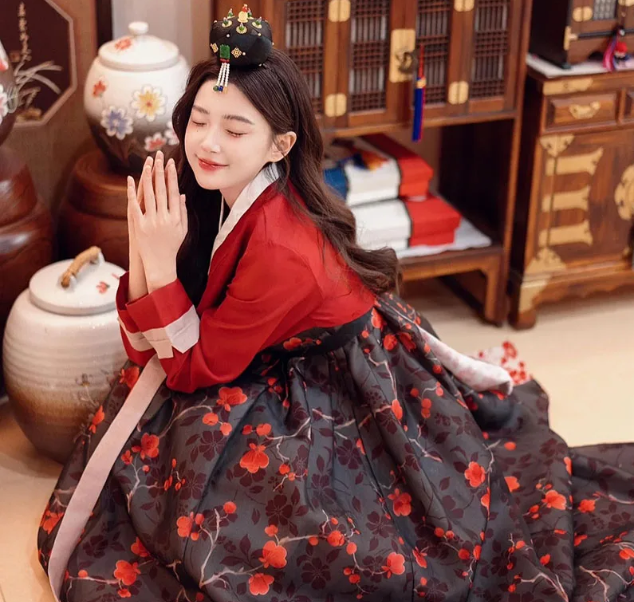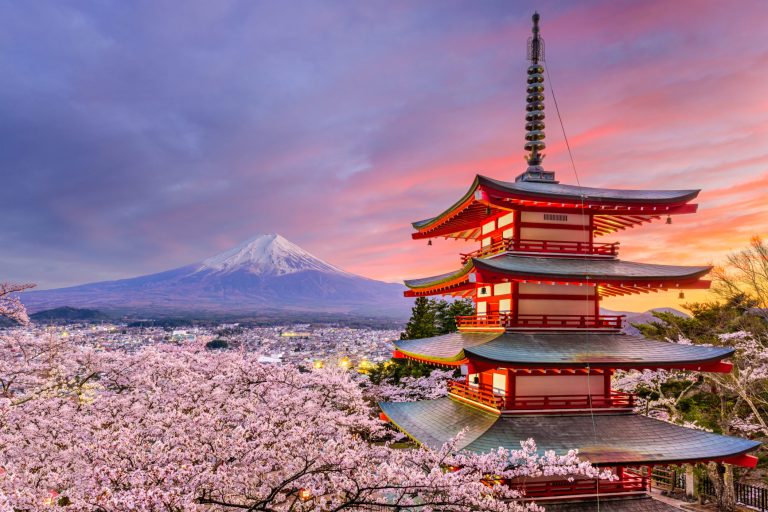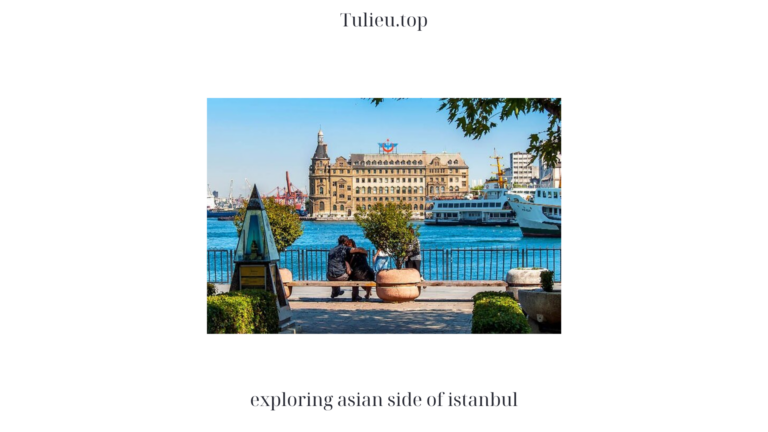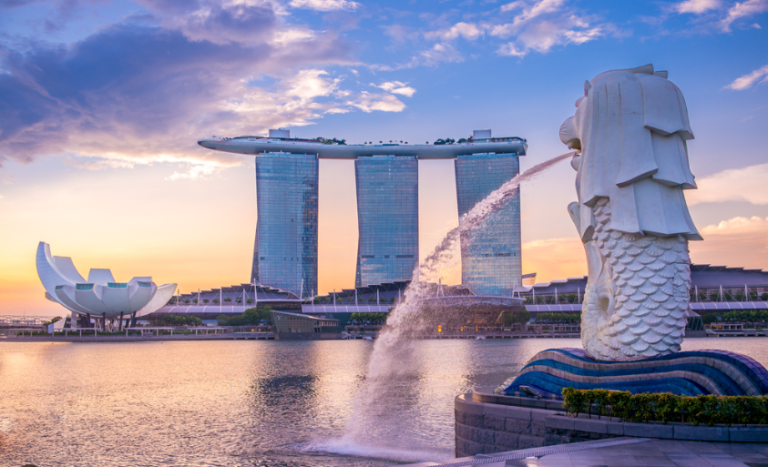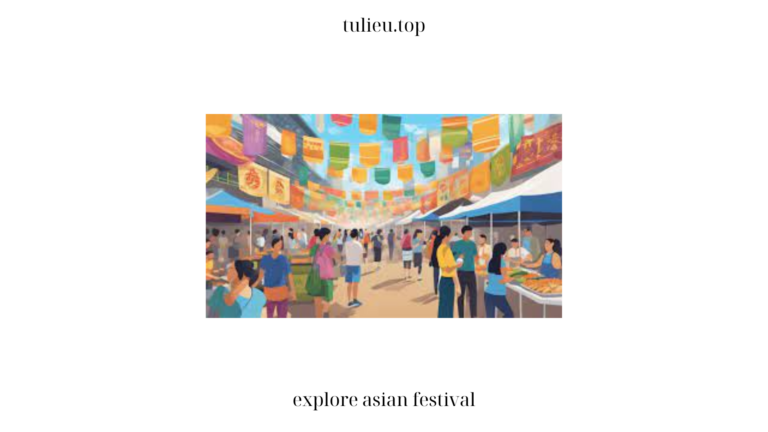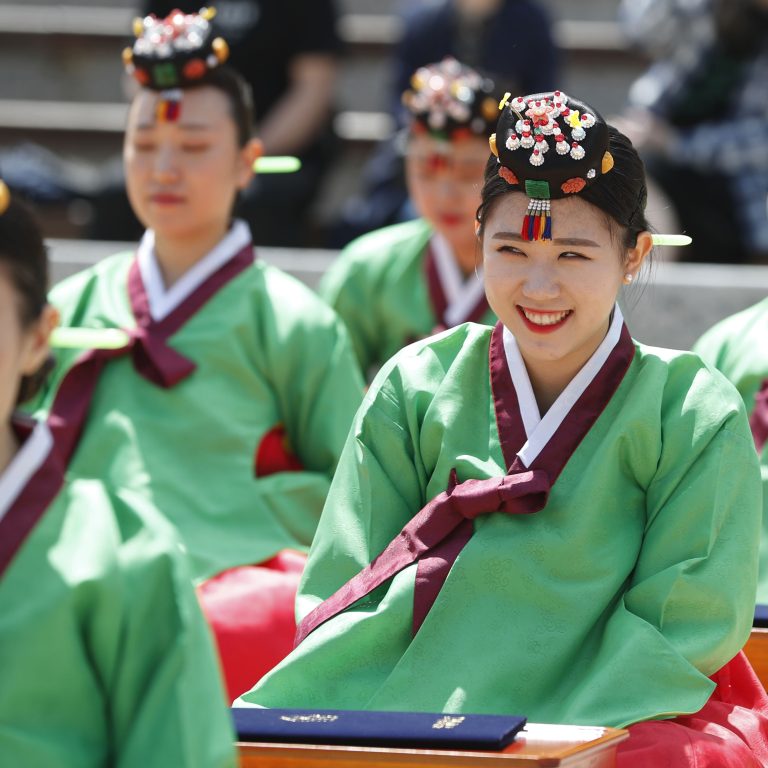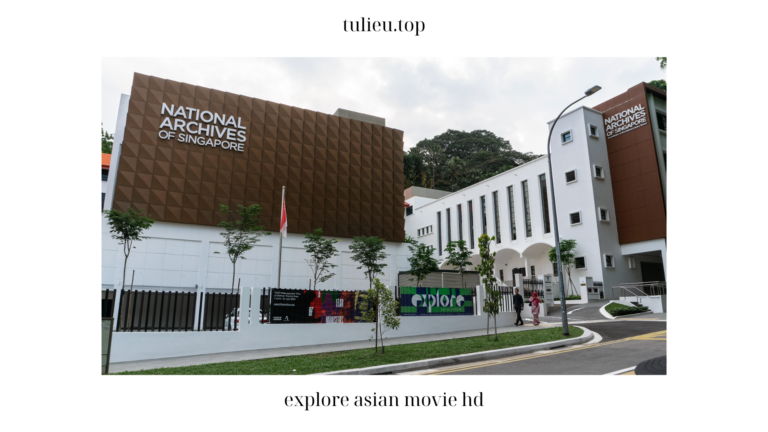Korea: A Glimpse into the Rich Tapestry of Tradition and Modernity
Korean culture is a captivating fusion of ancient traditions and contemporary innovations. This dynamic blend has made Korea a cultural powerhouse that has garnered worldwide acclaim. Let’s take a deep dive into the various facets of Korean culture that make it truly unique and fascinating.
1. Confucian Heritage:
Korea’s Confucian heritage has deeply influenced its culture, emphasizing respect for authority, family values, and a strong work ethic. This philosophy has shaped social norms, etiquette, and the importance of education in Korean society.
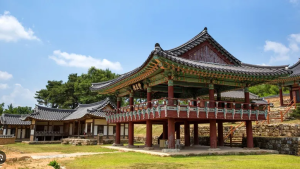
2. Language:
The Korean language, known as Hangul, is the cornerstone of Korean culture. Its phonetic script was invented by King Sejong the Great in the 15th century to increase literacy among the common people. Today, Hangul is considered one of the most scientific and efficient writing systems in the world.
3. Traditional Hanbok:
The traditional Korean dress, known as hanbok, is a visual representation of Korean culture. It features vibrant colors, intricate embroidery, and graceful silhouettes. Hanbok is still worn during special occasions, such as weddings and festivals.
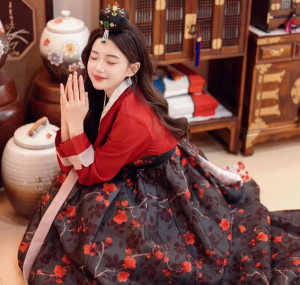
4. Art and Craftsmanship:
Korean art is renowned for its elegance and meticulous detail. Traditional painting, calligraphy, pottery, and celadon ceramics have a rich history. Contemporary Korean artists have also gained recognition on the global art stage.
5. Traditional Music and Dance:
Korean traditional music, known as “gugak,” and dance, often accompanied by instruments like the gayageum and the haegeum, are deeply rooted in history and continue to be celebrated in cultural performances.

6. Royal Palaces and Architecture:
Korea boasts a wealth of historic palaces, temples, and architectural wonders. Gyeongbokgung, Changdeokgung, and Bulguksa Temple are exquisite examples of Korean architecture, showcasing the beauty of wooden structures, decorative paintwork, and intricate roof designs.
7. Modern Pop Culture:
Korea’s modern culture, including K-Pop music, Korean drama (K-Drama), and Korean cinema, has garnered a global following. The Korean Wave, or “Hallyu,” has made Korean entertainment a cultural phenomenon around the world.
8. Traditional Festivals:
Korea celebrates a variety of traditional festivals, such as Chuseok (Korean Thanksgiving), Seollal (Lunar New Year), and Dano, each with its unique customs and rituals.
9. The Influence of Buddhism:
Buddhism has played a significant role in shaping Korean culture and spirituality. You’ll find countless temples and shrines throughout the country, each exuding a sense of serenity and history.
10. Korean Cuisine:
Korean food, known for its bold flavors and use of fermented ingredients, is a cornerstone of Korean culture. Iconic dishes like kimchi, bulgogi, bibimbap, and more reflect the deep connection between Korean culture and food.
11. Family and Respect:
Respect for elders and family values are integral to Korean culture. The emphasis on harmonious family relationships is evident in daily life, from the Confucian principles of respect to communal meals.
12. Fast-Paced Innovation:
Korea is known for its rapid technological advancements. It’s a hub for innovation and has produced globally recognized companies like Samsung, LG, and Hyundai.
Korean culture is a vibrant tapestry that combines a deep respect for tradition with a dynamic embrace of the future. Whether you’re exploring the rich history of ancient palaces, dancing to the rhythms of K-Pop, or savoring the spicy flavors of Korean cuisine, the essence of Korea’s culture is sure to leave a lasting impression. It’s a culture that seamlessly marries tradition and modernity, inviting travelers to experience the best of both worlds.
